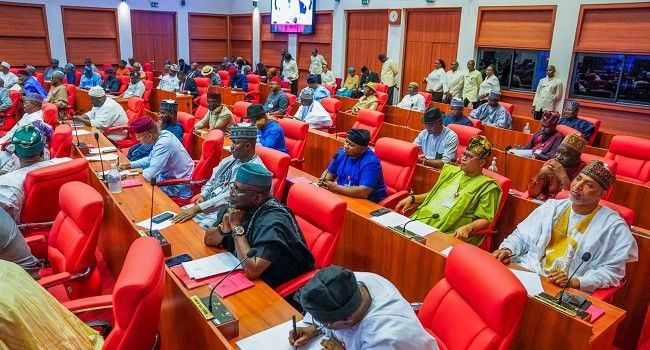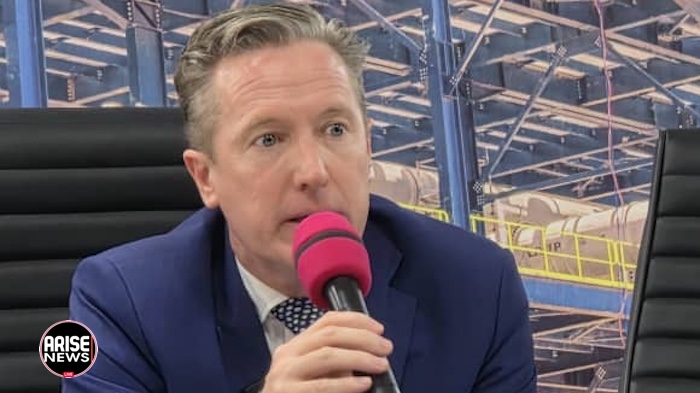
The Nigerian Senate has pledged to intervene in the ongoing industrial face-off between the Academic Staff Union of Universities (ASUU) and the Federal Government, expressing deep concern over the government’s persistent failure to meet the union’s demands.
The Chairman of the Senate Committee on Tertiary Institutions and TETFund, Senator Aliyu Dandutse, made this known on Friday after a closed-door session with the ASUU leadership at the National Assembly in Abuja.
Dandutse described the current situation as “unacceptable” and announced that the Senate would immediately initiate a negotiation process involving key stakeholders — including ASUU, the Federal Ministry of Education, and the National Universities Commission (NUC) — to work toward a lasting resolution of the crisis that has crippled academic activities nationwide.
The committee also addressed concerns surrounding the University of Abuja’s 10,000-hectare land, confirming that the Senate would engage with the Minister of the Federal Capital Territory (FCT), Nyesom Wike, to prevent any encroachment or misuse.
“The Senate will interface with the FCT Minister on the land issue, and other concerns raised will be carefully reviewed. Appropriate steps will be taken to ensure an amicable and lasting resolution,” Dandutse said.
He further urged ASUU to submit a comprehensive list of its demands in writing, to help the Senate identify both immediate and long-term policy interventions required to strengthen Nigeria’s tertiary education system.
During the meeting, ASUU President, Professor Chris Piwuna, reiterated that the union’s core demands — including adequate funding for public universities, improved welfare for academic staff, revitalisation of campuses, and full academic autonomy — remain unchanged.
He explained that the current two-week warning strike, which began on October 13, was a result of unresolved issues dating back over a decade.
“We engaged the Federal Government for eight years without tangible results,” Piwuna said.
“The Yayale Ahmed Committee report, submitted in December 2024, was ignored until this strike began.”
The ASUU leader also challenged lawmakers to push the government to properly fund public universities, saying this would end the cycle of strikes and boost Nigeria’s global academic standing.
“Try us. Push the government to fund universities adequately, and you’ll see the end of strikes — and an improvement in our global ranking,” he told the senators.
Professor Piwuna lamented that although the National Assembly approved ₦150 billion for university revitalisation, only ₦50 billion had been released so far — and that amount, he claimed, was still stuck at the Ministry of Education.
He alleged that the ministry was attempting to redistribute the funds among universities, polytechnics, and colleges of education, despite each having separate budgetary allocations.
“The ₦150 billion was approved specifically for universities. It must not be diverted,” he cautioned.
ASUU Warns Wike Over University Land
ASUU also raised alarm over alleged attempts by FCT Minister Nyesom Wike to appropriate part of the University of Abuja’s land.
“We are worried because the University of Abuja is located in the FCT. Anyone serious about education should focus on developing it — not taking its land,” the union said in a statement.
“If the minister wants land, he should look elsewhere. The university’s 10,000 hectares must be left alone.”
In response to the strike, the Federal Government insists it has addressed all major demands raised by ASUU and remains open to further dialogue. However, it has also invoked the ‘no work, no pay’ policy for lecturers participating in the ongoing industrial action.



